Technology Solutions Could Speed Our Return To Normalcy
(I am neither epidemiologist nor doctor. This post is my non-professional personal opinion.)
Although the current economic situation was not due to an economic cause, the humanitarian treatment (social distancing) will certainly have an economic impact. Analysts like Jan Hatzius (Chief Economics, Goldman) predicts a big hit (34%+ decline in GDP; 4x Great Recession!) but fast recovery. So how do you estimate that impact?
Long term, I think we can assume that the stock market is correlate with GDP. In Q1, the stock market took a ~30% dive already, but has gained back about 10% of that (faster than I would have expected, but presumably because the market has reduced uncertainty in future outlook). Now, the Dow Jones Industrial Average is back to about 20% below the February peak. So how much impact should GDP-drop impact stock equity values? A 34% drop for a finite period (i.e., with GDP eventually recovering) shouldn’t drop the market’s value by 34% but by something less than that since stocks are valued based on a long-term annuity of earnings.
But how long will the impact be? I think that’s the obvious big question. The sooner the un(der)employed can go back to work, the sooner they can consume, and the sooner the economy recovers.
Testing
However, people getting back to work depends so much on testing, even before a vaccine which is at least a year away. Once we know who has immunity (antibodies), folks can return to work. I suspect the number of recovered Covid-19 are much higher than estimated — if the first Covid fatalities in Northern California were in early February, then they were infected in January latest. Chinese New Year was January 25th and California has relatively a lot of people traveling back and forth to China. With limited availability of Covid-19 testing in the U.S., the actual recovered count must be higher than the recorded recovered count. (There’s been some conjecture that Covid-19 entered the U.S. in Fall 2019, but I believe Jane Hu does a good job of debunking that rumor.)
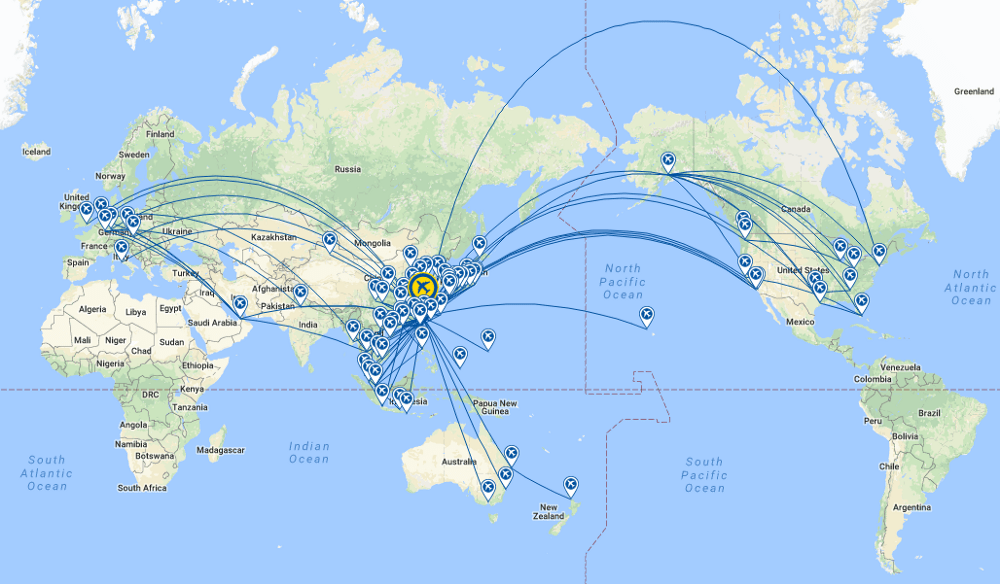
“But what if people don’t build immunity to the Novel Coronavirus?” If humans did not build immunity, would we be seeing the current flattening of the curve? And would a vaccine be even possible? Yet (fortunately), we hear vaccine progress is being made.
The sooner we get reliable, ubiquitous antibody testing, the sooner we will see the economy recover.
Of course no one wants to see a resurgence due to premature lifting of shelter-in-place. Antibody testing will enable us to return based on data instead of guessing, as we have been this year to-date.

Costs of Prevention
Unfortunately, this will not be the last novel virus. Bill Gates and others have been warning us for years. And “virus hunters” like Nathan Wolfe (The Viral Storm: The Dawn of a new Pandemic Age) track viruses in animal populations because the jump from animal to human is the likely origin of these viruses novel to humans.
We must learn from approaches like Taiwan’s and Hong Kong’s, which danced but “never suffered an outbreak”. The key there is contact tracing and again, broad, fast testing.
Instead, in the U.S., there’s so much talk about how our lives will never be the same. Just this week on a private virtual meeting with a California congressperson, I heard all kinds of suppositions from baseball games in empty stadiums to cashier checkout germ shields to sparse restaurant seating.
What are the financial and societal costs of all these purported impending changes? Can you imagine the collective financial and economic costs of all of the changes we can imagine? Socializing is part of the human condition. Instead, doesn’t it make more sense to invest in better testing, tracing, preparations for faster flattening of the curve, increased medical capacity to handle spikes when needed?
Technology solutions like bluetooth enabled apps and distance body temperature sensors (thermography) for tracing are available today. Johns Hopkins has an interesting review of mobile app technology for Covid-19 contact tracing. Keep your eyes open for new McKinsey report due out soon, “COVID-19 Response: Time to return — Technologies to accelerate recovery.”
Wouldn’t investments in these technology-driven approaches which may allow us to get more closely back to our “normal” lives make more sense?
Let’s hope we can see fast, broad antibody testing and creative prevention and tracking & tracing solutions soon. Come on entrepreneurs! If you want some help in finding the right use cases for a business case, see my recent post regarding pivoting during the Covid-19 pandemic.


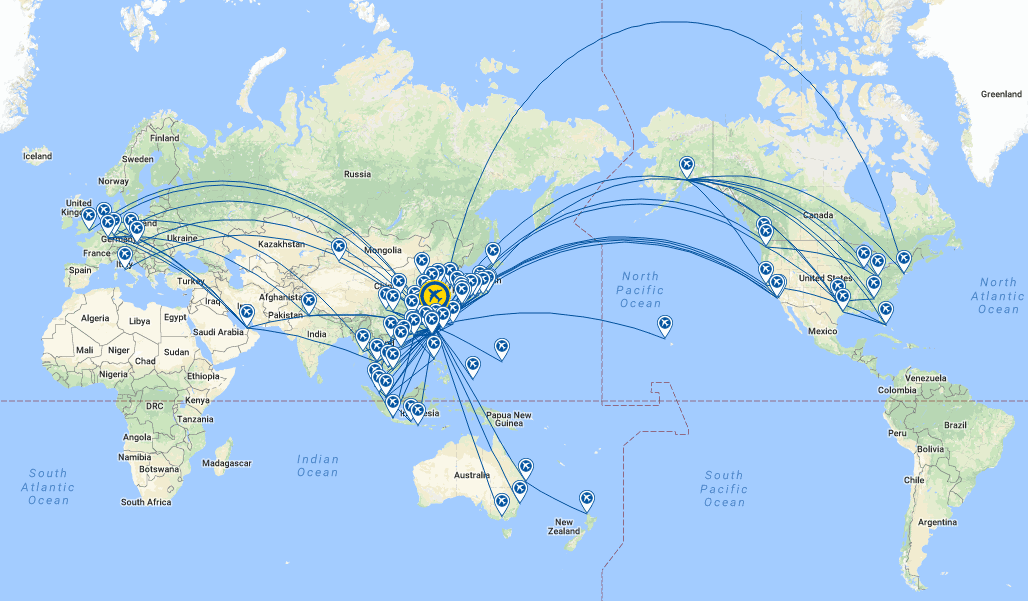
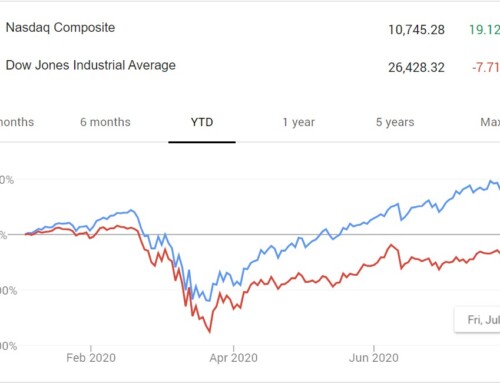
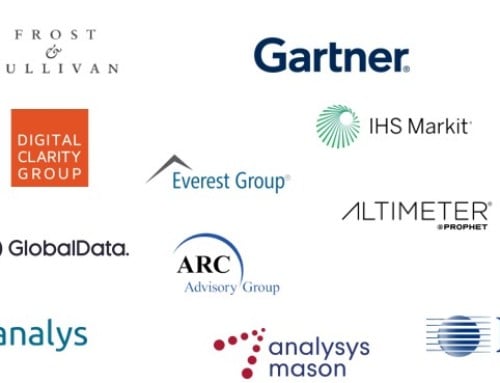


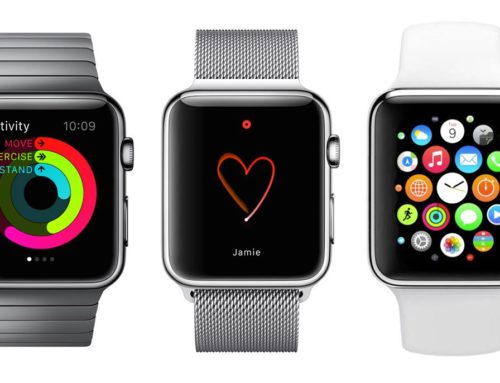
Leave A Comment